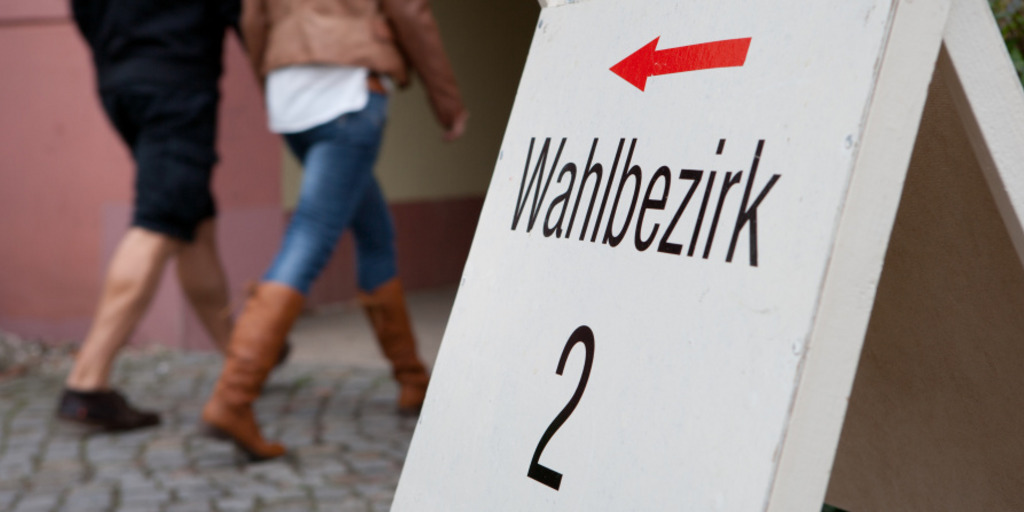Thursday was the day Europeans began voting – in the UK of all places, one is tempted to exclaim. The UK, however, is not the only country that has become much less supportive of the EU since the last European Parliament elections in 2009. Everyone is avidly awaiting the results, both in light of the recent euro crisis and out of concern over how the populist parties might do. Everyone? Well, not really. After all, few democratic events are considered less exiting than elections for the European Parliament.
Many people feel the European elections are complicated and impossible to communicate effectively to the public back home. Researchers even refer to them as "second-order elections," a reassuring explanation for why voter turnout is so low. Not only is the participation rate lower than for national elections – five years ago it averaged 43 percent throughout the EU – it has fallen compared to past elections and even gone as low as a meager 20 percent in Eastern Europe.
The Bundestag, Germany's parliament, lists five good reasons for participating in the country's national elections: The Bundestag is the only directly elected constitutional body and, as a result, the "voice of the people"; it is the main forum for "discussing political ideas"; it "passes laws that affect the lives of everyone" in the country; it determines how public revenues are to be spent; and the results of the election determine which party will nominate a chancellor.
With the exception of the last point, the above basically applies to the European Parliament as well. It is also the only institution in the EU Europeans can vote for directly, and it is increasingly becoming the venue for political debate. Between 2009 and 2013 more than 5,000 roll-call votes took place there. And while more than two-thirds of the time a "grand coalition" of European social democrats and conservatives has dominated, 30 percent of the time majorities of center-left or center-right parties have had the final say.
People who tend to look down on the European Parliament may underestimate things. Freedom of information, the Banking Union, TTIP, genetically modified organisms and a possible tax on financial transactions are all topics with far-reaching consequences. Sometimes these decisions were made by a significant majority, sometimes it came down to a mere three votes. True, the EU's budget is small compared to those of the member states, but in some countries, especially in Central and Eastern Europe, the funds dispersed by the EU can account for up to 5 percent of the national economy.
That only leaves the European Parliament's lack of power to form a government, something Germany's Constitutional Court made reference to in February, when it decided that, unlike in Bundestag elections, the country's political parties must not receive a minimum percentage of votes in order to be given seats at the European level. Things might change, however, in the medium term, given that this time the parties have nominated specific candidates for the post of European Commission president. Should this new trend take hold, there could in fact be a shift in power in favor of parliament.
Last but not least, people who don't vote are actually aiding the major parties and the extremists, since that reduces the pool of votes that must be won. The major parties benefit, since they have a relatively stable pool of voters to draw on; the extremists benefit since they are good at mobilizing their base. Thus, if you really want to join the discussion about the EU, cast your vote.
Andrej Stuchlik is project manager in the Bertelsmann Stiftung's Brussels office. This piece is one of the analyses, commentaries and background articles being published by the Bertelsmann Stiftung prior to the European elections. Links to other articles in the series can be found on the right.



